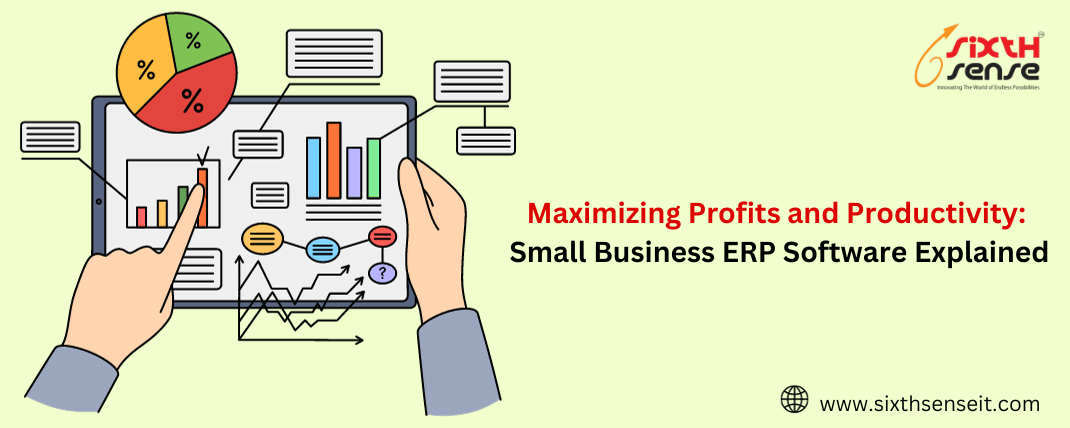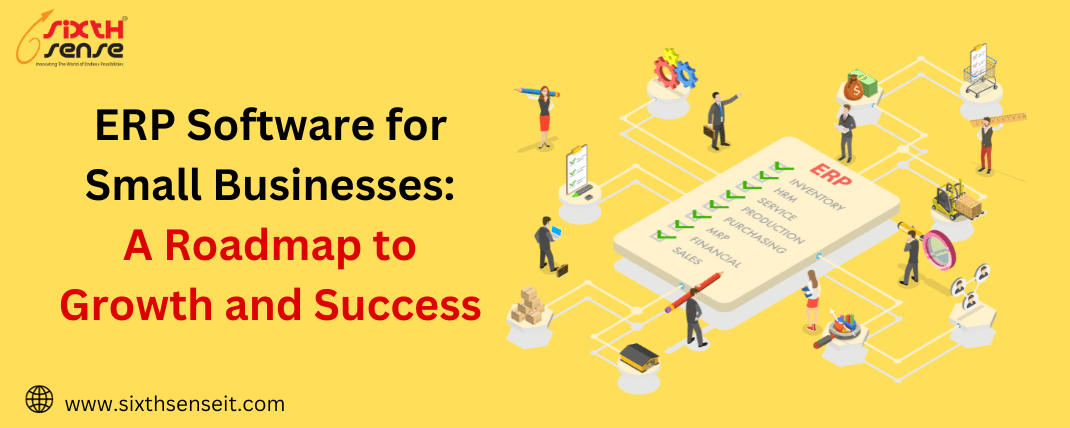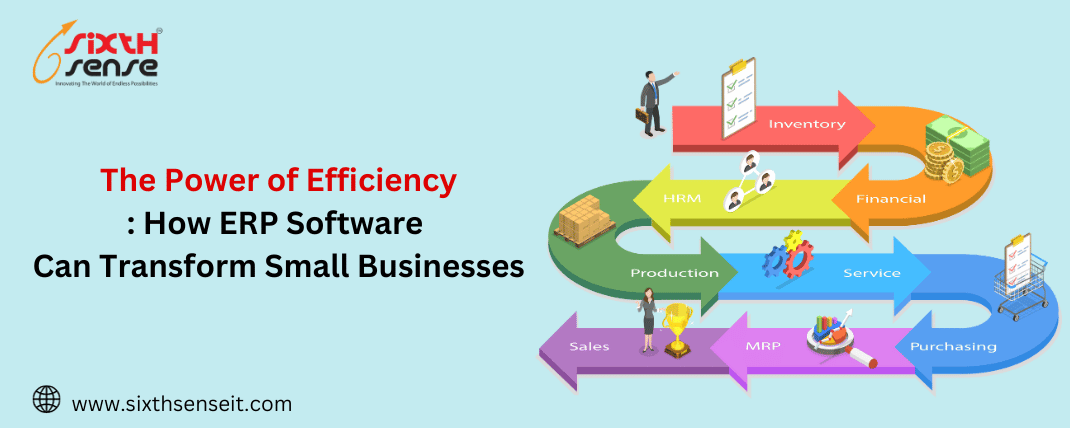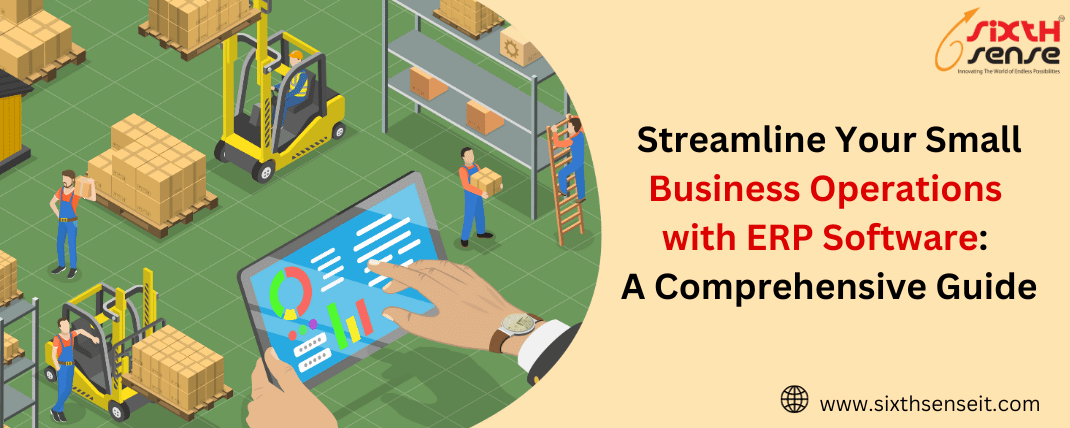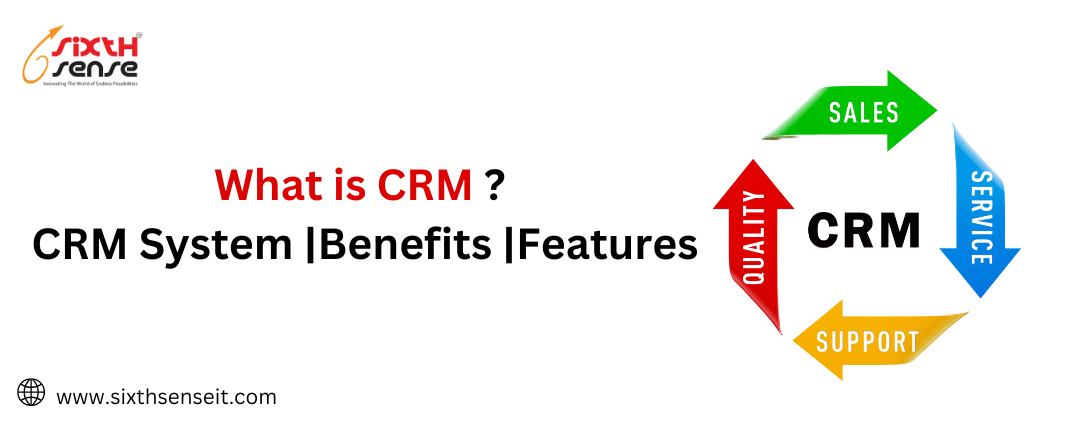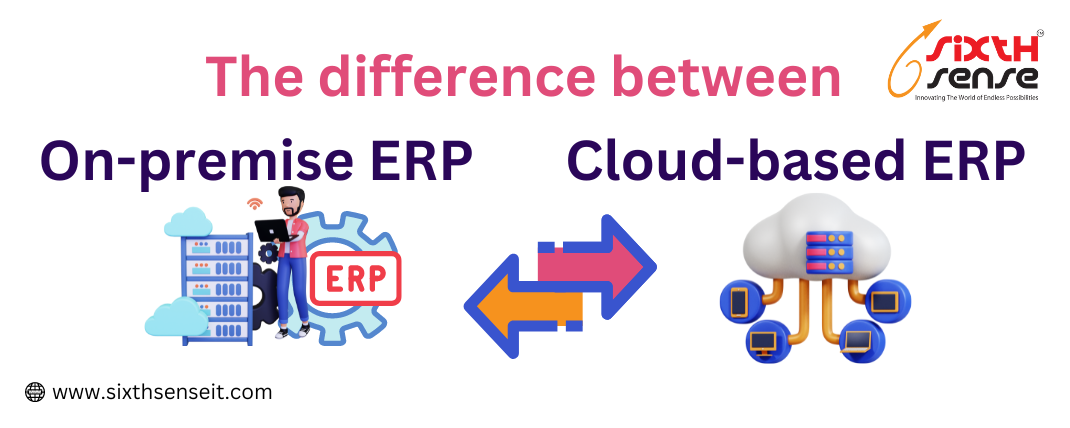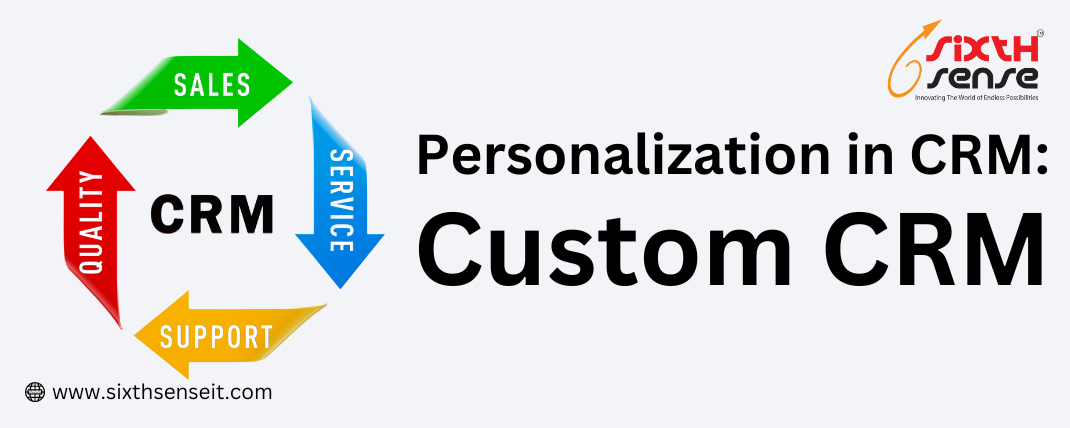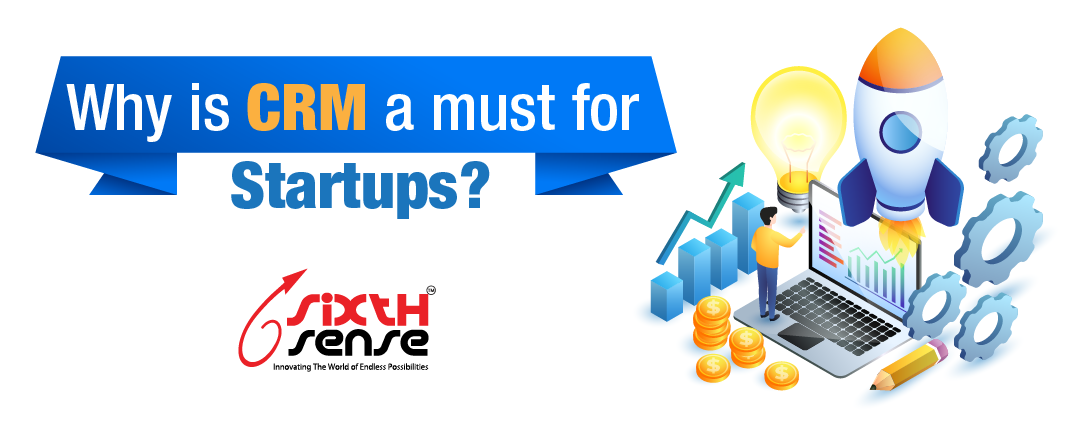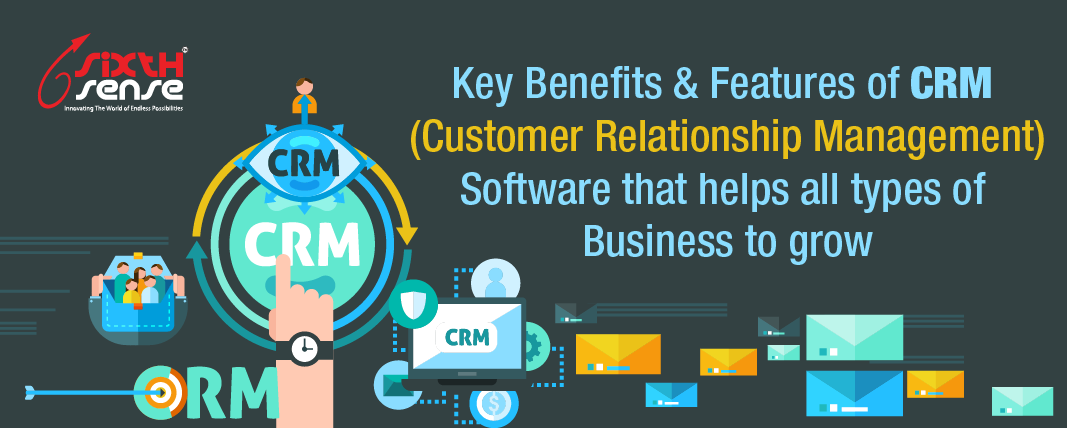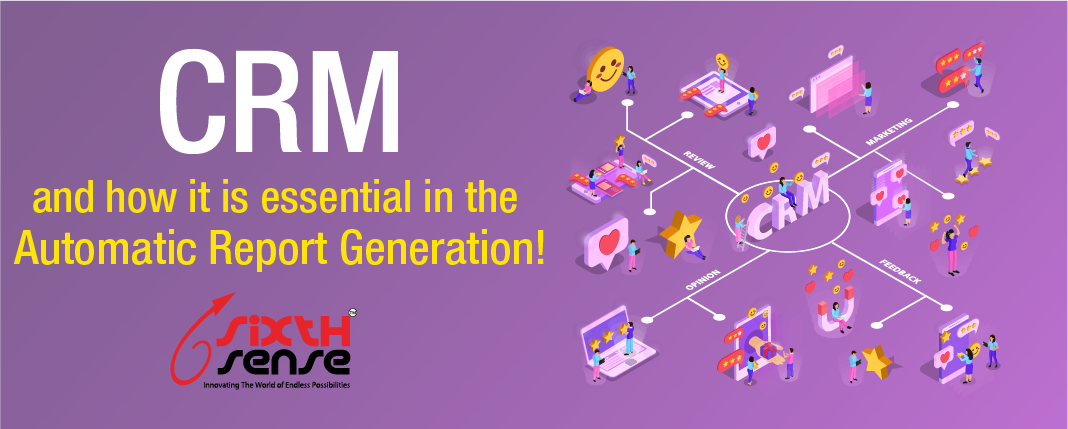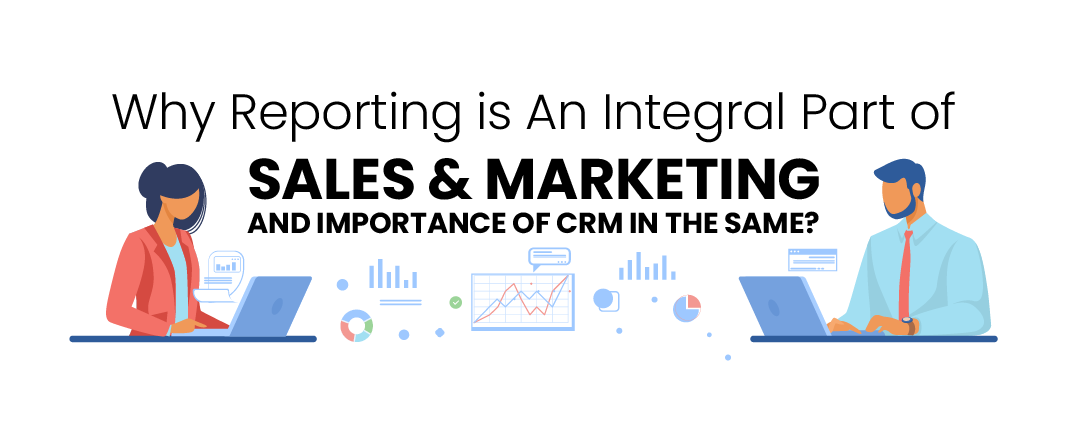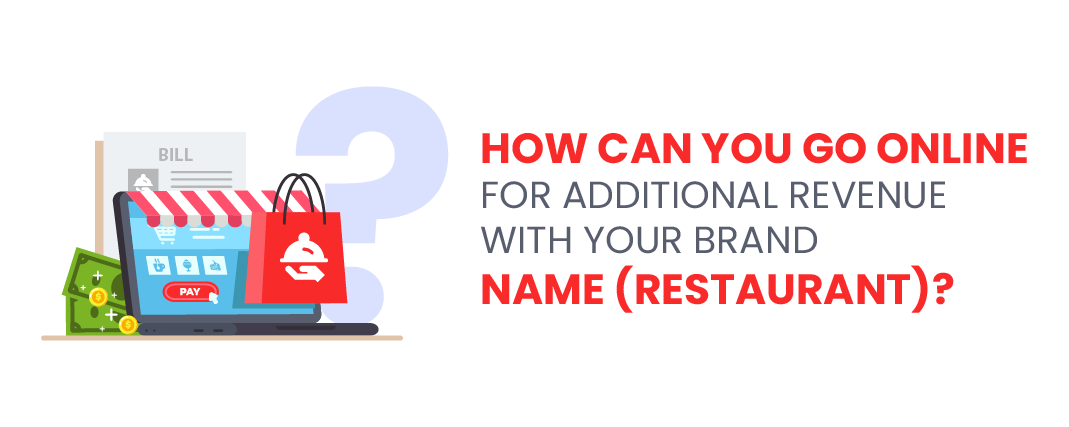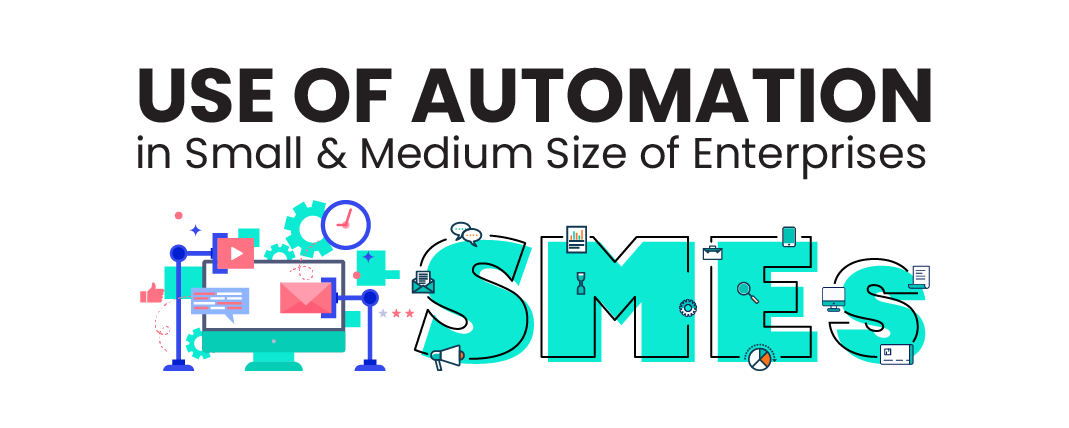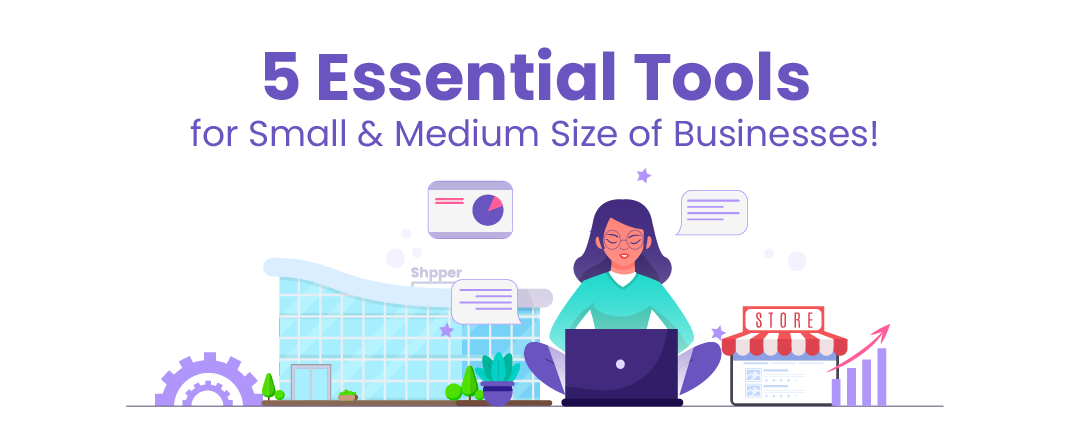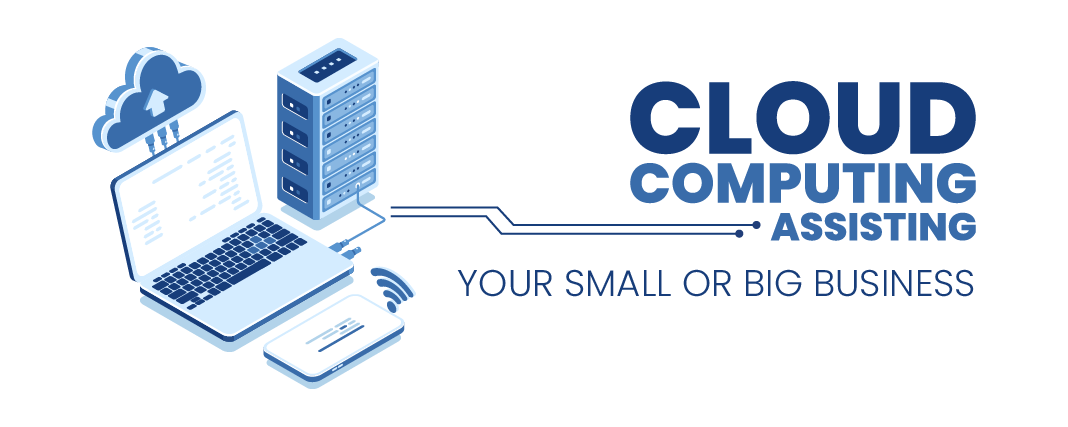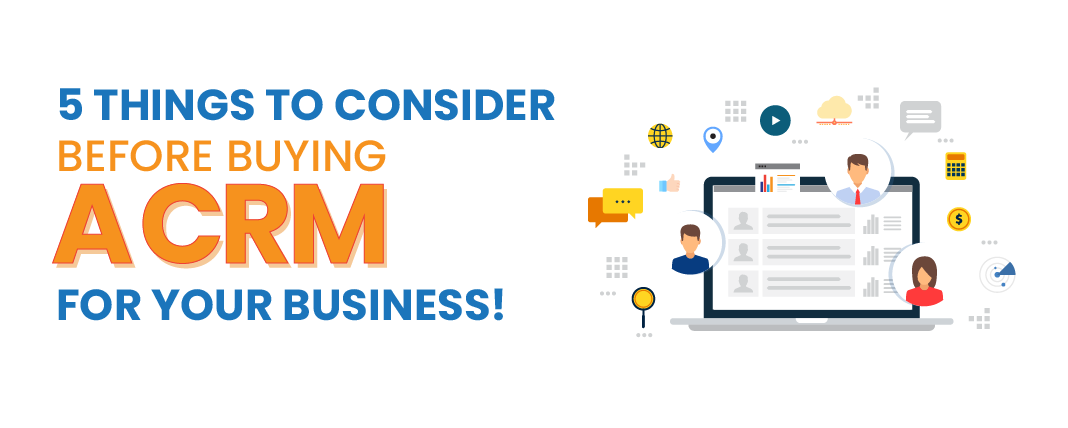
How can a business use software?


Business software refers to a collection of applications, programs, or tools that are specifically designed to help businesses automate, manage, and optimize their operations, processes, and tasks. These software applications are intended to improve efficiency, productivity, and decision-making, streamline workflows, and support various business functions across different departments and industries.
Business software can be categorized into different types based on their functionalities and purposes. Some common types of business software include:
Enterprise Resource Planning (ERP) software: ERP software integrates and manages various aspects of a business, including finance, human resources, supply chain management, customer relationship management, and more. It helps businesses streamline their operations, automate processes, and centralize data for better decision-making.
Customer Relationship Management (CRM) software: CRM software helps businesses manage their interactions and relationships with customers. It typically includes features such as contact management, lead generation, sales and marketing automation, and customer service management.
Accounting software: Accounting software helps businesses manage their financial transactions, track expenses, generate financial reports, and manage payroll. It simplifies financial management tasks and ensures accurate and efficient record-keeping.
Project management software: Project management software helps businesses plan, organize, and track projects from initiation to completion. It includes features such as task management, time tracking, team collaboration, and progress tracking.
Human Resources Management System (HRMS) software: HRMS software helps businesses manage their human resources processes, including recruitment, employee onboarding, payroll management, benefits administration, and performance evaluations.
Inventory management software: Inventory management software helps businesses manage their inventory levels, track stock, and streamline the supply chain process. It helps businesses optimize their inventory management, reduce costs, and prevent stockouts or overstocks.
Communication and collaboration software: Communication and collaboration software includes tools such as email, messaging apps, video conferencing, and document sharing platforms that facilitate communication and collaboration among team members, especially in remote work environments.
Business intelligence and analytics software: Business intelligence and analytics software help businesses analyze data, generate insights, and make data-driven decisions. These tools can help businesses understand their performance, identify trends, and optimize strategies.
Marketing and sales software: Marketing and sales software help businesses manage their marketing and sales efforts. These tools can include email marketing software, social media management tools, content marketing software, and digital advertising platforms.
Security and data protection software: Security and data protection software help businesses protect their sensitive information and prevent data breaches. These tools can include antivirus software, backup and recovery software, and encryption software.
Business software can be purchased as off-the-shelf products or customized to suit the specific needs of a business. It can be hosted on-premises or accessed through cloud-based solutions. The use of business software can help businesses streamline their operations, enhance productivity, improve decision-making, and achieve their business goals more efficiently and effectively.
In today's fast-paced digital world, software has become an indispensable tool for businesses of all sizes and industries. From streamlining operations to enhancing productivity, software can significantly impact a business's success. In this blog, we will explore how a business can effectively use software to achieve its goals and stay ahead of the competition.
Automating Business Processes: One of the primary benefits of using software in a business is automation. Software can automate repetitive tasks, such as data entry, invoicing, and inventory management, saving time and reducing the chances of human error. This can lead to increased efficiency, improved accuracy, and reduced costs. For example, using accounting software like QuickBooks or Xero can automate financial processes, such as generating invoices, tracking expenses, and preparing financial reports.
Enhancing Communication and Collaboration: Effective communication and collaboration are critical for the success of any business. Software tools, such as project management software, team collaboration platforms, and instant messaging apps, can facilitate seamless communication and collaboration among team members, regardless of their geographical location. This can result in better teamwork, improved decision-making, and increased productivity. Examples of collaboration tools include Trello, Slack, and Microsoft Teams.
Managing Customer Relationships: Customer relationship management (CRM) software is designed to help businesses manage their interactions with customers and prospects. CRM software allows businesses to track leads, manage contacts, automate marketing campaigns, and provide personalized customer experiences. By using CRM software like Salesforce, HubSpot, or Zoho CRM, businesses can improve customer satisfaction, increase customer retention, and drive sales growth.
Analyzing Data and Gaining Insights: Data is a valuable asset for businesses, and software can help in analyzing data to gain insights and make informed decisions. Business intelligence (BI) software provides tools for data visualization, data analysis, and reporting, allowing businesses to identify patterns, trends, and opportunities. This can help businesses optimize their operations, improve performance, and identify areas for growth. Popular BI tools include Tableau, Power BI, and Google Data Studio.
Managing Finances: Proper financial management is crucial for the success of any business. Accounting software can simplify financial processes, such as bookkeeping, payroll management, and tax filing. By using accounting software like QuickBooks, Wave, or FreshBooks, businesses can ensure accurate financial record-keeping, manage cash flow effectively, and make informed financial decisions.
Enhancing Online Presence: In today's digital era, having a strong online presence is essential for businesses. Software tools for website development, content management, and digital marketing can help businesses create and maintain a professional website, optimize their online content, and drive traffic to their online platforms. Examples of such tools include WordPress, Drupal, Google Analytics, and SEO tools like Moz or SEMrush.
Streamlining Sales and Customer Service: Software can also help businesses streamline their sales and customer service processes. Sales management software provides tools for lead tracking, sales pipeline management, and sales forecasting. Customer service software enables businesses to manage customer inquiries, track customer interactions, and provide timely and efficient customer support. Examples of such software include Salesforce CRM, Zendesk, and Freshdesk.
Managing Inventory and Supply Chain: For businesses involved in manufacturing, distribution, or retail, efficient inventory management and supply chain operations are critical. Inventory management software can help businesses optimize inventory levels, track stock movements, and manage suppliers. Supply chain management software provides tools for end-to-end visibility, planning, and optimization of the supply chain. Examples of such software include Fishbowl Inventory, TradeGecko, and SAP Supply Chain Management.
Enhancing Marketing Efforts: Marketing software can help businesses plan, execute, and analyze their marketing campaigns.
This can include email marketing software for managing and automating email campaigns, social media management tools for scheduling and analyzing social media posts, content marketing tools for creating and distributing content, and digital advertising platforms for managing online ads. Examples of marketing software include Mailchimp, Hootsuite, HubSpot, and Google Ads.
Improving Employee Management: Employee management software can help businesses streamline HR processes, such as employee onboarding, time tracking, payroll management, and performance evaluations. This can result in improved workforce management, increased productivity, and better employee engagement. Examples of employee management software include BambooHR, Gusto, ADP, and Performance Pro.
Enhancing Security and Data Protection: In today's digital landscape, data security is a top concern for businesses. Software tools for cybersecurity, data backup, and encryption can help businesses protect their sensitive information and prevent data breaches. Examples of such software include antivirus software like Norton or McAfee, backup and recovery software like Acronis or Carbonite, and encryption software like VeraCrypt or Bitdefender.
Supporting Remote Work: With the rise of remote work, software tools that enable remote collaboration, communication, and project management have become essential for businesses. These tools facilitate remote team members to work together seamlessly, regardless of their location. Examples of remote work software include video conferencing tools like Zoom or Microsoft Teams, project management tools like Asana or Basecamp, and virtual collaboration tools like Google Workspace or Microsoft Office 365.
In conclusion, software has become an indispensable part of modern business operations, providing a wide range of benefits to improve efficiency, productivity, decision-making, and customer experiences. From automating processes to enhancing communication, managing finances, analyzing data, and supporting various business functions, there are numerous ways businesses can effectively use software to unlock their full potential and stay ahead of the competition in today's digital landscape. By selecting and implementing the right software tools that align with their business goals and requirements, businesses can optimize their operations, enhance their online presence, and achieve long-term success.













































